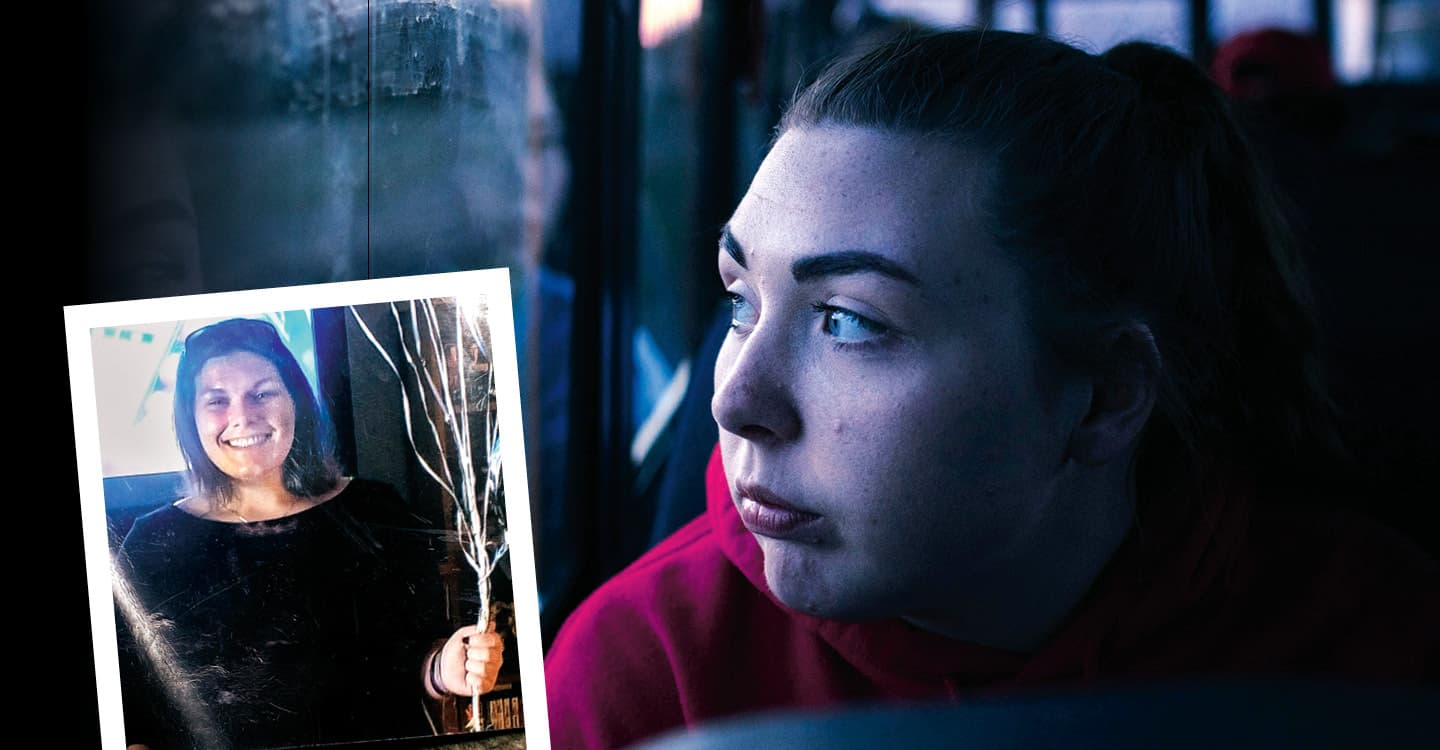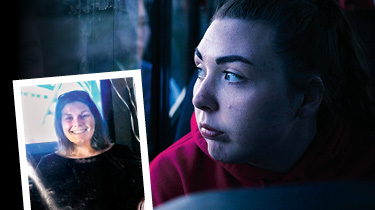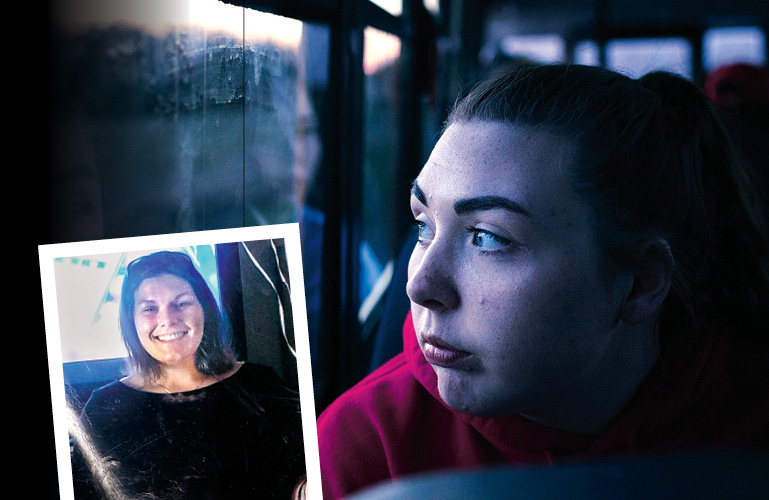Layla Kegg’s mother, back home after three weeks who knows where, says she’s done with heroin, ready for rehab, and wants to be part of her daughter’s life. But Layla has heard all of this before and doesn’t believe a single word.
Layla’s trust was broken long ago, after years of watching her mother cycle in and out of addiction and rehab. And now this latest discovery: “I found a needle in your purse the other day,” says Layla, her arms crossed.
A pause, and then a tumble of excuses from her mom: She doesn’t know why the needles were there; they were only syringes, actually, and not needles; she was keeping them for a friend.
Layla, 17, rolls her eyes and sighs.
“It’s almost like you want me to be using,” her mother pleads tearfully, in a voice children more often use with their parents. “Everything I do is never going to be good enough, so what’s the point?”
Five days later, Layla’s mother, Nikki Horr, is gone again.
Layla Kegg’s mother has come back home after three weeks who knows where. She says she’s done with heroin, ready for rehab, and wants to be part of her daughter’s life. But Layla has heard all of this before and doesn’t believe a single word.
Layla’s trust was broken long ago, after years of watching her mother cycle in and out of addiction and rehab. And now this latest discovery: “I found a needle in your purse the other day,” says Layla, her arms crossed.
A pause, and then a tumble of excuses from her mom: She doesn’t know why the needles were there; they were only syringes, actually, and not needles; she was keeping them for a friend.
Layla, 17, rolls her eyes and sighs.
“It’s almost like you want me to be using,” her mother pleads tearfully. Her voice sounds like one children often use with their parents. “Everything I do is never going to be good enough, so what’s the point?”
Five days later, Layla’s mother, Nikki Horr, is gone again.



